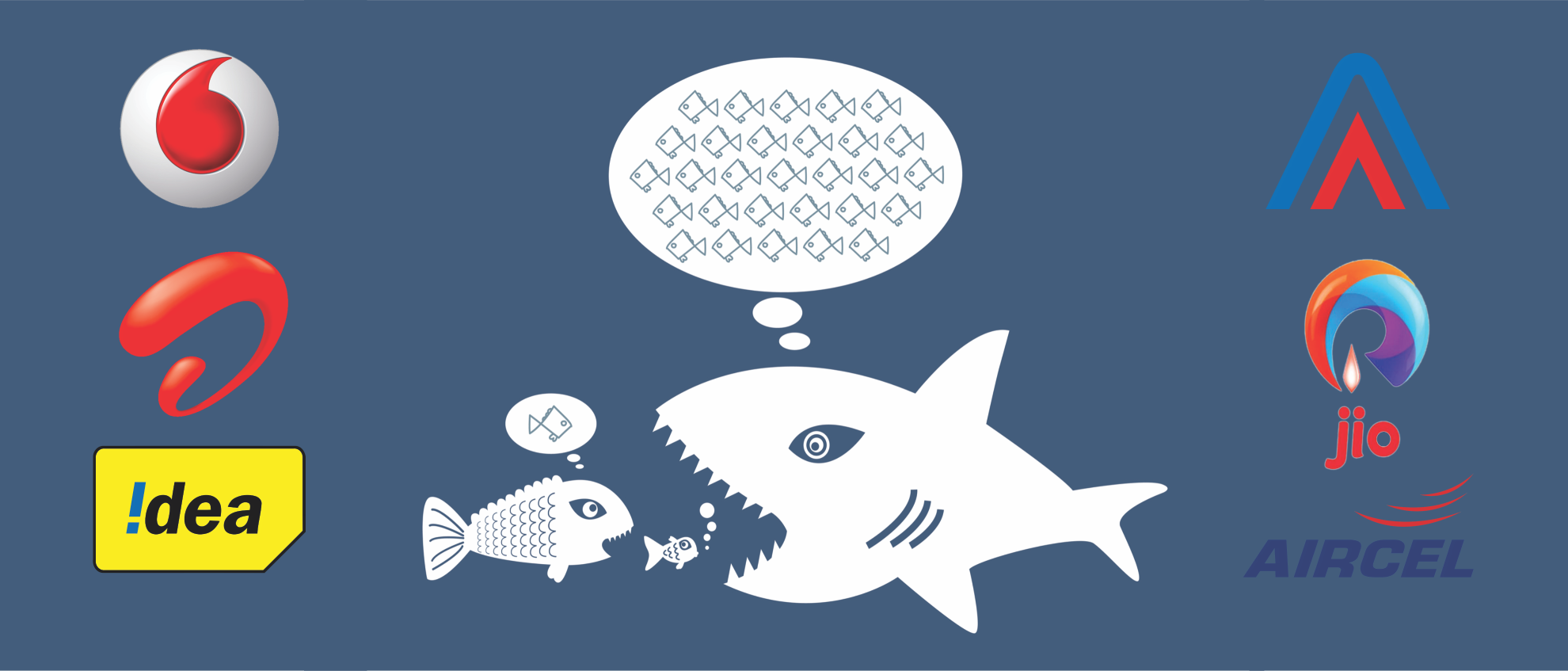Jindal Steel and Power Ltd (JSPL) is likely to sell a significant stake in its Oman unit, Jindal Shadeed Iron and Steel Llc, to meet debt repayment obligations, said two people aware of the development.
“JSPL’s lenders have recently concluded a valuation exercise of the Oman operations and a sell side mandate is expected soon,” one of the two people quoted above said, requesting anonymity. “The company is keen to divest a large minority stake for now but will eventually sell out completely if there is a good offer, and there have been some informal talks with a sovereign fund.”
The valuation was done by an independent adviser hired by JSPL’s foreign lenders in June to restructure part of the company’s loans, the second person said, also requesting anonymity.
Naveen Jindal-controlled JSPL acquired Shadeed Iron and Steel Co LLC from Al Ghaith Holdings PJSC of Abu Dhabi in 2010 through its subsidiary Jindal Steel & Power (Mauritius) Ltd for $464 million. The company raised $400 million in debt financing from a consortium of international banks and paid the rest from internal accruals.
In April 2014, the company commissioned a 2 million tonnes per annum integrated steel plant in Sohar, Oman. The facility, says the company’s website, is Oman’s first and largest steel melting shop.
JSPL claims to have invested over $800 million in this integrated facility so far.
JSPL’s consolidated gross debt stood at Rs46,816 crore at the end of March 2016. The firm reported a loss of Rs1,902 crore in 2015-16 against Rs1,278 crore loss in 2014 -15. Revenue fell 8% to Rs18,104.9 crore while interest expenses were at Rs3,280 crore, according to the company’s filings.
For the September quarter, the JSPL’s loss narrowed to Rs745.98 crore from Rs909.53 crore a year ago. The company’s consolidated income fell to Rs4,665.54 crore in the quarter from Rs4,736.29 crore in the year-ago period, while expenses rose to Rs4,815.75 crore from Rs4,577.96 crore, largely on account of finance costs.
“JSPL is committed to meet all its debt commitments, and the company is aiming to bring down the annual cash outflow in terms of repayments and interest by utilizing various schemes provided by the government, including but not limited to 5/25, 75:25 and S4A,” it said in a statement following the quarterly results.
Responding to a query on the possible divestment of stake in Jindal Shadeed, a JSPL spokesperson said, “We are proud of this high performing asset, which is fully operational and is catering to the fast-growing market in GCC (Gulf Cooperation Council) and Africa. As of now, there are no divestment plans in Jindal Shadeed.”
The Economic Times reported in September that SC Lowy, a specialist investment manager in distressed and stressed credit, along with a few other creditors of JSPL Mauritius was recalling a $150 million loan after it failed to comply with certain loan covenants.
A loan recall or accelerated repayment is triggered when a borrower breaches a loan covenant.
In a May interview, Ravi Uppal, managing director and group CEO of Jindal Steel, said that the company was working with urgency to completely sell “certain assets within its steel and mining business” in order to improve liquidity and reduce debt. He did not name the assets citing non-disclosure agreements.
Mint also reported that JSPL was looking to sell controlling interests in its Botswana coal mine in Africa and a mine owned by its Australian subsidiary Wollongong Coal Ltd.
JSPL has since 2014 evaluated options including selling its mines in Africa and Australia, listing its subsidiary in Oman and listing its power business Jindal Power Ltd in India to reduce debt. These efforts did not materialize.
In May, JSPL reached an agreement to sell a 1,000 MW power plant in Chhattisgarh to Sajjan Jindal-led JSW Energy at an enterprise value of Rs4,000 crore. However, the deal value could rise to Rs6,500 crore if JSPL manages to secure fuel supply for the plant and enters into long-term power purchase agreements.
Recent Articles on M&A
Source: Mint




